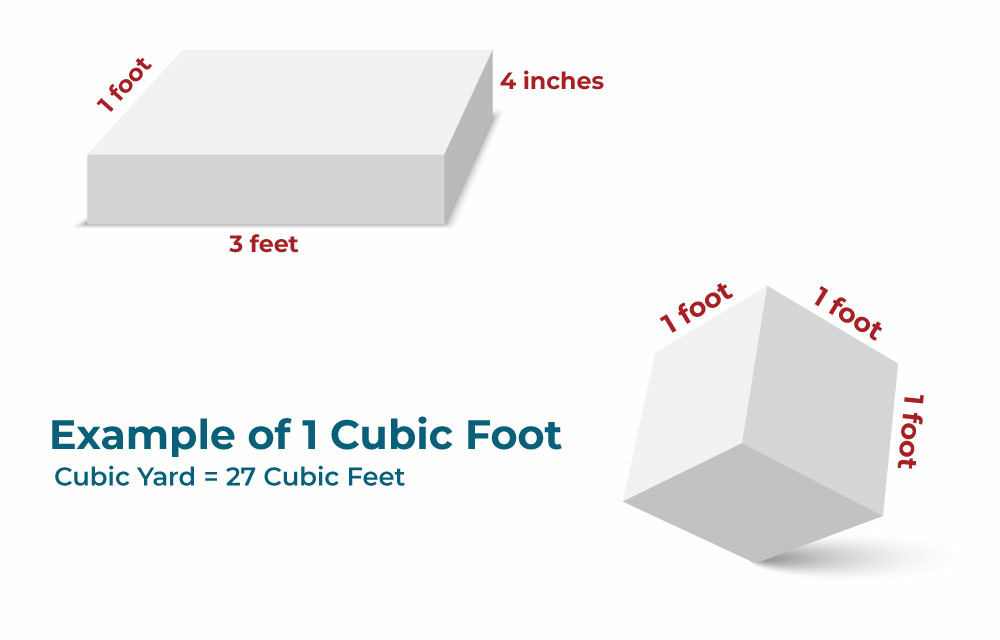The housing market in the material world is crazy, but the metaverse is still the frontier with plenty of room for everyone. In fact, virtual real estate is infinite, notes Winston Robson, CEO at WeMeta, a virtual real estate valuation company.
How did you get involved in the Metaverse and virtual real estate?
I was looking to start a company, had just quit my job and did several hackathons in the Blockchain and Web3 space. I tried different ideas… I remember I tried mortgages on chains, I tried Airbnb on chains, I tried a few different things. Then I ran into someone at the Web 3 Weekend ETH Global last May who was talking about building something for the Metaverse. That was the first time I heard about it. That was the first time I jumped into Decentraland and then I got into Crypto Voxels. I was just fascinated by the idea that these things had different terrains, that it was really worth something and that people would build on it. It reminded me a lot of Roblox and other games I used to play, where you own a property that people can visit, and we switched from there. I was trying to start a business and I had a background in real estate, data science and there was this opportunity where nobody really understood what was going on and you know, people talked about it and really liked it. I came in and looked at the data, saw the value there and that’s why I got involved.
Why is virtual property valuation such a difficult concept for investors to assess?
This concept is hard for many people to wrap their heads around because the metaverse is still a challenging concept. The mere fact that the property is virtual makes it more difficult to conceptualize and attach a value to. But it is important to remember that the evaluation of these properties does not come from their physical properties, but from the fact that people still visit these virtual properties. With the death of many people’s 3rd places due to the pandemic, the Metaverse steps in to fill that void, and this provides inherent value.
What are some of the key differences between virtual and traditional real estate? How do these differences affect their ratings?
The differences are still undefined; they can be as similar or dissimilar as the user wishes. Your Facebook page is virtual real estate, what is its rating? Very high, actually. One of the things that virtual real estate lacks is privacy. It is almost impossible to be alone in the virtual world. Even your own phone is tracked, so there isn’t really any possibility of privacy.
The question is, what are you satisfied with virtual real estate? You can visit your virtual property from any physical location, which is another differentiating factor. In summary, their assessment is what is important to the consumer. The overarching factor, however, is the ability to generate income. Physical real estate is static but virtual real estate is infinitely infinite, and thus has the potential for infinite opportunities for growth, which is super exciting.
What are the important factors to consider with digital land? How does WeMeta use these factors to rate properties?
Currently, digital land is assessed in a largely location-based manner. Building restrictions are really based on location, just as building differs from physical property by location. However, there is more to potential valuation besides location. In the near future, WeMeta plans to focus more on the needs that these digital properties can provide, rather than just where the property is located in its respective metaverse. Over time, we plan to flip the evaluation model on its head from being based on sales history of nearby properties to being based on similar experiences.
Where do you see the future of digital real estate?
You own what you own and it is not part of a central collective. The problem right now is it all runs on AWS but in the future it could be completely decentralized. I think the future of digital real estate is super exciting. I almost see it as GTA or Roblox, or any game with a map that can be built upon and innovated on. Unfortunately, there is no tech stack that we currently have that allows this. Ethics with their Unreal engine does a pretty good job but it’s not web3 native so we’ll see how it works.
What advice would you offer to those who are interested in investing in the Metaverse but don’t know where to start?
I would first ask someone how they define investing in the metaverse, because to some extent buying shares in any virtual property company could be considered investing in the metaverse. On the other hand, building experiences in these decentralized spaces is a great way to start as well. Learning how to create Web3 native technology is the best way to prepare for the future of the Metaverse.
Peter Page is the Contributions Editor at Grit Daily. Formerly at Entrepreneur.com, he began his journalism career as a newspaper reporter long before print journalism had even heard of the Internet, much less realized it would disrupt the industry. The years he worked as a police reporter have a great influence on his worldview to this day. Page has some degree of expertise in environmental politics, energy economics, ecosystem dynamics, the anthropology of urban gangs, the workings of civil and criminal courts, politics, the machinations of government, and the art of writing thought. crystallize.



